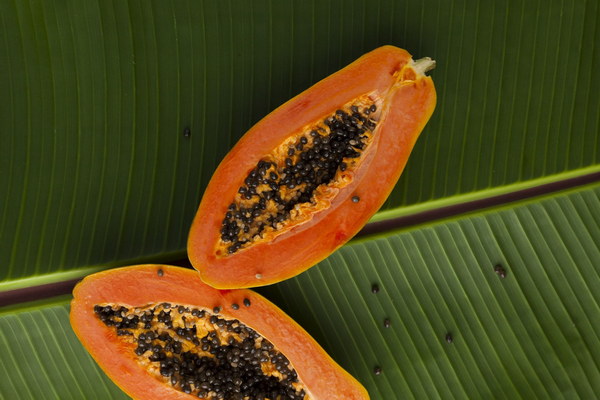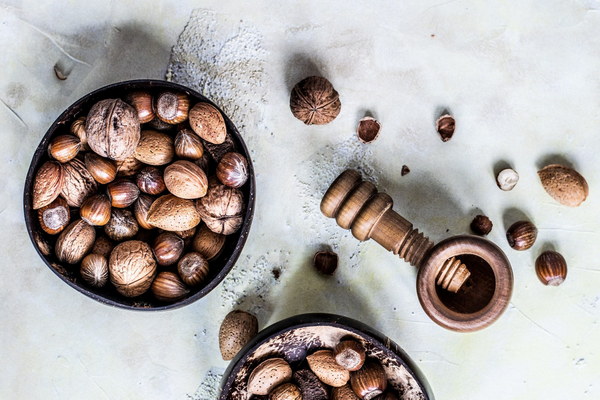Natural Remedies to Treat Cold and Excess Dampness A Holistic Approach
Introduction:
Cold and dampness are common ailments that often go hand in hand, bringing with them symptoms like a runny nose, cough, and aching muscles. While conventional treatments can provide relief, many seek natural remedies to address both the symptoms and the root cause of their discomfort. In this article, we will explore some effective home remedies that can help treat colds and alleviate excess dampness, providing a holistic approach to recovery.
1. Drink Warm Liquids:
One of the simplest yet most effective ways to combat cold and dampness is by drinking warm liquids. Hot tea, chicken soup, and ginger tea are all excellent choices. These warm drinks help to clear the respiratory tract and soothe sore throats. The warmth also promotes the circulation of blood, which aids in expelling dampness from the body.
2. Use Herbs and Spices:
Herbs and spices have been used for centuries to treat various ailments, including colds and dampness. Some commonly used herbs and spices include:
- Ginger: Known for its anti-inflammatory properties, ginger helps to relieve congestion and reduce body aches. It can be consumed as a tea or added to warm foods.
- Turmeric: This spice contains curcumin, a compound with powerful anti-inflammatory effects. Turmeric can be added to dishes or taken as a supplement.
- Cinnamon: Cinnamon is a warming spice that can help expel dampness and improve circulation. It can be sprinkled on toast, added to tea, or used in cooking.

3. Steam Therapy:
Steam therapy is an excellent way to open up the respiratory tract and expel dampness. Boil a pot of water, add a few drops of eucalyptus oil or menthol oil, and inhale the steam. This method helps to clear the sinuses and reduce coughing. You can also use a facial steamer or take a hot shower to enjoy the benefits of steam therapy.
4. Acupuncture and TCM:
Traditional Chinese Medicine (TCM) offers various treatments to address colds and dampness. Acupuncture, for instance, can help balance the body's energy, improve circulation, and expel dampness. TCM practitioners may also recommend herbal formulas and dietary adjustments tailored to your specific needs.
5. Adjust Your Diet:
Eating a balanced diet can help boost your immune system and reduce dampness. Avoid cold, raw, and damp foods, such as ice cream, salads, and damp vegetables like cucumbers. Instead, focus on warm, cooked foods like soups, stews, and steamed vegetables. Incorporate foods rich in vitamin C and zinc, such as citrus fruits, berries, and nuts, to support your immune system.
6. Exercise and Breathing Techniques:
Regular exercise can help improve your overall health and aid in expelling dampness. Gentle exercises like walking, yoga, and tai chi can promote blood circulation and improve lung function. Additionally, practicing breathing techniques, such as pranayama or diaphragmatic breathing, can help clear the lungs and reduce congestion.
Conclusion:
Combating cold and dampness doesn't have to be a daunting task. By incorporating these natural remedies and making lifestyle adjustments, you can effectively address both the symptoms and the root cause of your discomfort. Remember to consult with a healthcare professional before starting any new treatment or making significant changes to your diet and lifestyle.



![Discover the Tranquil Haven of Zhizufang Foot Bath and Health Center at Their Headquarters in [City], [Province]](http://img.bluepurple.cn/a/养生/430/Discover-the-Tranquil-Haven-of-Zhizufang-Foot-Bath-and-Health-Center-at-Their-Headquarters-in-City-Province.jpg)





